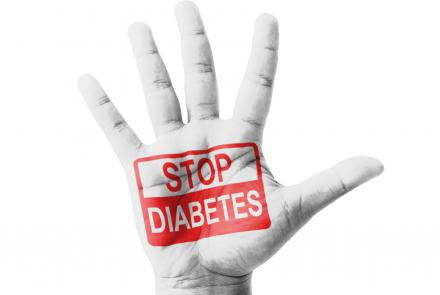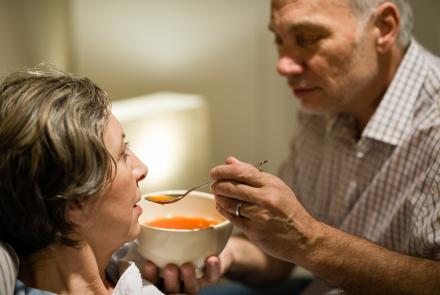03 March 2015
The poor health of children in India is one of the world's perplexing public health issues. An iimportant factor is the relatively poor health of young Indian women.
More than 90% of adolescent Indian girls are anaemic (anemic).
42% of Indian mothers were underweight as compared to 16.5% for Sub Saharan Africa.
"Young newly married women are at the bottom of household hierarchies. So at the same time that Indian women become pregnant, they are often expected to keep quiet, work…
- “When I remember my mother, it makes me really sad. But, when I remember my father, it makes me smile,” said actor Nagarjuna, referring to the need to have a fully evolved palliative care treatment options for terminally ill persons. "Despite being able to afford the best medical care, my mother endured a lot of pain for seven years due to various health complications. Not a single doctor came to us and told us that there was an option for us in palliative care,” he lamented. The actor spoke at…
- Women's emotionality is a sign of health, not disease. Whether a woman needs medication should be a medical decision, not a response to peer pressure and consumerism.. Women are twice as likely as men to receive a diagnosis of anxiety disorder and depression than men are. For many women, these drugs greatly improve their lives, but for others its not necessary. In the days leading up to menstruation, emotional sensitivity is heightened , women may feel more irritable, less insulated. But that…
- Feb 24,2015 American women are increasingly opting for longer-lasting and highly effective forms of birth control, according to new federal data released on Tuesday. Women are choosing long-lasting reversible contraceptives (LARC) like the intrauterine device (IUD) and the implant more than they have in the past. According to the numbers, IUD use increased 83% from 2006–2010 to 2011–2013 and implants tripled in use during the same time period. Both methods are approximately 99% effective…
- Instead of poisoning a tumuor or destroying it with radiation, Dr. James P. Allison, chairman of the Immunology Department at the University of Texas, M.D Anderson Cancer Centre, Houston has pioneered ways to unleash the immune system to destroy a cancer He proposed to develop drugs that unleashed the T-Cells. T-Cells of the immune system which are attack cells, latch onto the cells infected with viruses and bacteria and ultimately kill them. The first drug developed was Yervoy against…
- MARCH 3, 2015 19-year-old Darren Lou has known for years what he wants to do with his life. Not only does he plan to be a doctor, he knows exactly which field he hopes to specialise in: Endocrinology, the study of the human body’s endocrine system, which deals with hormones and how it affects metabolism and growth, among other things. Diagnosed with Type 1 diabetes three years ago, Darren hopes to help other patients like himself. Dealt a second blow a year later when a pre-enlistment…
- Chemotherapy and radiation failed to work on Erika Hurwitz's rare cancer of white blood cells. So her doctors offered her another option - a drug for melanoma. Within 4 weeks, her cancer was undetectable. Mrs. Hurwitz is part of a new national effort in the United States to try and beat cancer basednot on what organ it startedin, but on what mutations drive its growth. There are now an increasing number of drugs that block mutations in cancer genes and can halt a tumour's growth. The…
- By Paula Spencer Scott, Caring.com contributing editor Caring for an aging parent or other loved one in your home usually begins with the best of intentions. Over time, however, a good thing can disintegrate into a tough, tense situation. Knowing the top trouble spots can help you make changes that can delay or avoid the need to move on to out-of-home placement. Here are five big "sore points" that undermine family caregiving -- and what to do about them: Sore point #1: Lack of privacy…
- By Julien Salaberry Feb 24, 2015 The Biotechnology Industry Organization (BIO) has released a lengthy white paper on the past decade of VC funding for the biotech sector. Its headline finding is that venture funding for biotech R&D fell by 21% between the five-year period before the financial crisis (2004-2008) and the subsequent five years (2009-2013). More interesting, however, is where the big funding cuts are occurring. Namely, in areas of the largest medical need. For…











